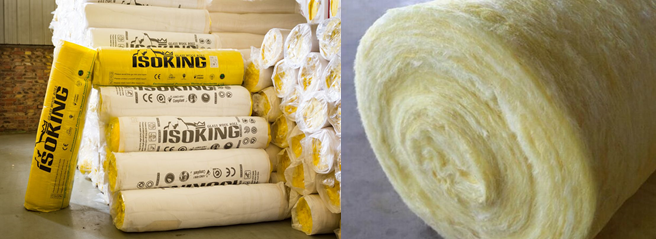IKING GROUP-INSULATION AND ACOUSTIC SOLUTION FOCUS
In recent years, with the increasing demand for indoor environmental quality, glass wool acoustic insulation has gained significant attention in the field of construction and design. As an efficient soundproofing material, glass wool not only effectively reduces the transmission of noise but also provides a quiet and comfortable indoor environment.
Glass wool is a soundproofing material made of fine glass fibers, known for its excellent sound absorption performance. By capturing and absorbing sound waves, glass wool can effectively reduce the propagation of noise, lowering the overall noise level indoors. Whether it's traffic noise from the outdoors or sound transmission within a space, glass wool acts as a sound barrier, creating a peaceful living and working environment.
Furthermore, glass wool acoustic insulation exhibits excellent thermal insulation properties, effectively blocking the transfer of hot and cold air. This helps maintain a stable indoor temperature, reducing reliance on air conditioning and heating systems, thus saving energy and reducing energy consumption. This aspect is crucial for those who prioritize sustainable construction and energy efficiency.
The applications of glass wool acoustic insulation are extensive. It can be used in residential buildings, commercial offices, hotels, schools, hospitals, and various other settings. Whether it's a new construction project or a renovation, glass wool can be easily integrated into existing building structures. Its installation is straightforward, and it can be applied to different surfaces such as walls, ceilings, and floors, providing efficient soundproofing effects for different spaces.
With the growing emphasis on indoor environmental quality, glass wool acoustic insulation plays an increasingly important role in architectural design. It not only offers soundproofing capabilities but also creates a tranquil and comfortable indoor environment, enhancing the living and working experience for individuals.
